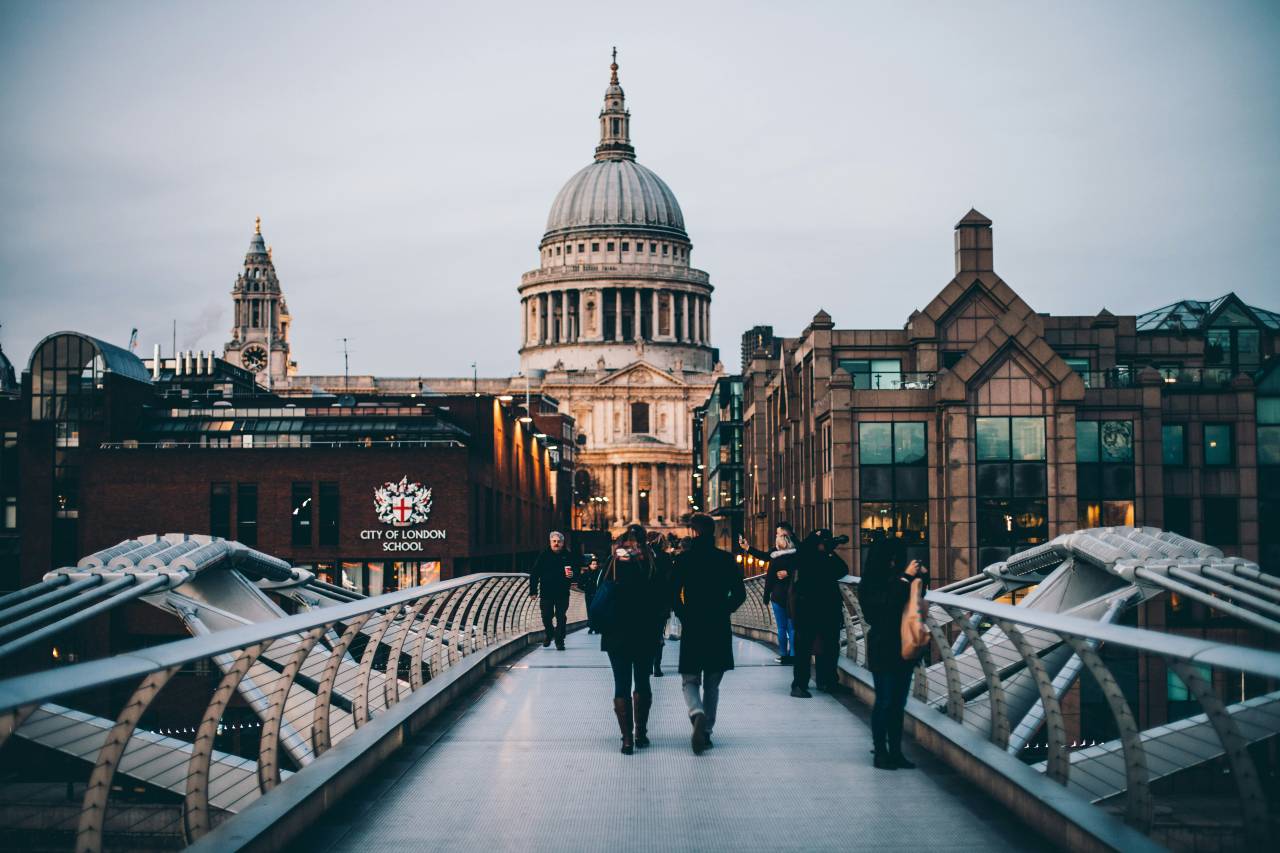Some years ago, I took a graduate class in World War I poetry, which meant that we had to study the Great War, where it started, and what social movements were happening throughout Europe a century ago. And one of the things from this class that still pricks at my heartstrings was that our professor, a kind, slender man, who was probably a young sixty, described his personal experience of doing graduate school in France in the early 1970s probably and saying that there was a whole generation missing from the faculty. A whole generation. There were many like him, young grad students and PhDs in their late twenties and early thirties, and then professors in their seventies and eighties who couldn’t retire because there weren’t enough people to replace them.
A whole generation was missing.
World War II eviscerated the populations of France, Germany, and England with such indiscriminate terror that we should know that people would be missing, that people who lived in houses other people walked past with their dogs, shopkeepers selling papers and pastries, baristas knowing peoples’ names and favorite drinks. We know that this would be the case, but cannot trust our eyes and hearts with the experience of it.
We are now fast approaching a season in which few people remain who knew the horror of that time personally. And in another generation, we will lose those who experienced it vicariously—by absence—when a whole generation went missing.
We will lose that part of the experience—the loss, the devastation, how things all went so terribly wrong, who really chose to destroy other people.
William Temple became Archbishop of Canterbury in the midst of that unholy conflict. A conflict which was as much the fever dream of a disgraced artist riding the populist wave to a would-be emperor of a global empire as it was the intentional genocide of Jews, socialists, and the panoply of LGBTQ+ persons. With it, that furious convention of Christian nationalism in Germany, learned from watching American eugenicists and der Führer‘s idolizing of Henry Ford, which brutalized an accepting population in Germany and decimated whole communities throughout Europe.
William Temple was a brilliant student of the gospel and its social implications. Not for supremacy, but solidarity with those people who are suffering—through and in the witness of Christ—who is sufferer and witness to the suffering of others.
In the Church of England, Temple was engaged with a church whose own roots were oppressive and so obviously nationalist, who needed clear voices to proclaim that the risen Christ is not a totem of power, but a balm for the suffering. That our silence in the public square only serves as abdicating our moral authority to speak into our world. We are not hermits, exiting the world, but full members, linked together, not by race or nationality, but by our commitment to the ethos of the Kin-dom. To love, serve, and give to those around us.
It is almost too obvious to see why the witness of William Temple can speak to us today. But we hear him now without the winds of his age: the power of the Social Gospel movement or a people looking to the church for moral guidance. Today, the Social Gospel is derided as “partisan” while the church’s moral authority is being spent on claiming a right to not bake wedding cakes. We seem to be lacking the things which seeded the soil for the enduring support systems that would flourish in the post-war world.
But England lives with his legacy. One of his last works, Christianity and Social Order, published in 1942, outlined the need and capacity of the future Welfare State. His charge that all need healthcare and education, housing and decent working conditions, that all be represented in government. He gave the people a vision for what the world could look like after the war, after the devastation and destruction, of bombed out cities and atrocities of empires gone mad, when rebuilding could mean rejoining together all people, all parts of society. It was a rejection of the aryan pogroms of Nazis and fascists, but to build something for all Britons, all people together. His visionary work served as the foundational template for the Welfare State that would be secured three years later, in 1945; a year after Temple died.
We ought to notice how much that vision looks like the Kin-dom. Just as we pray for it to be here as in heaven. Perhaps with us and through us, too, these prayers may be answered here and in the years to come.
